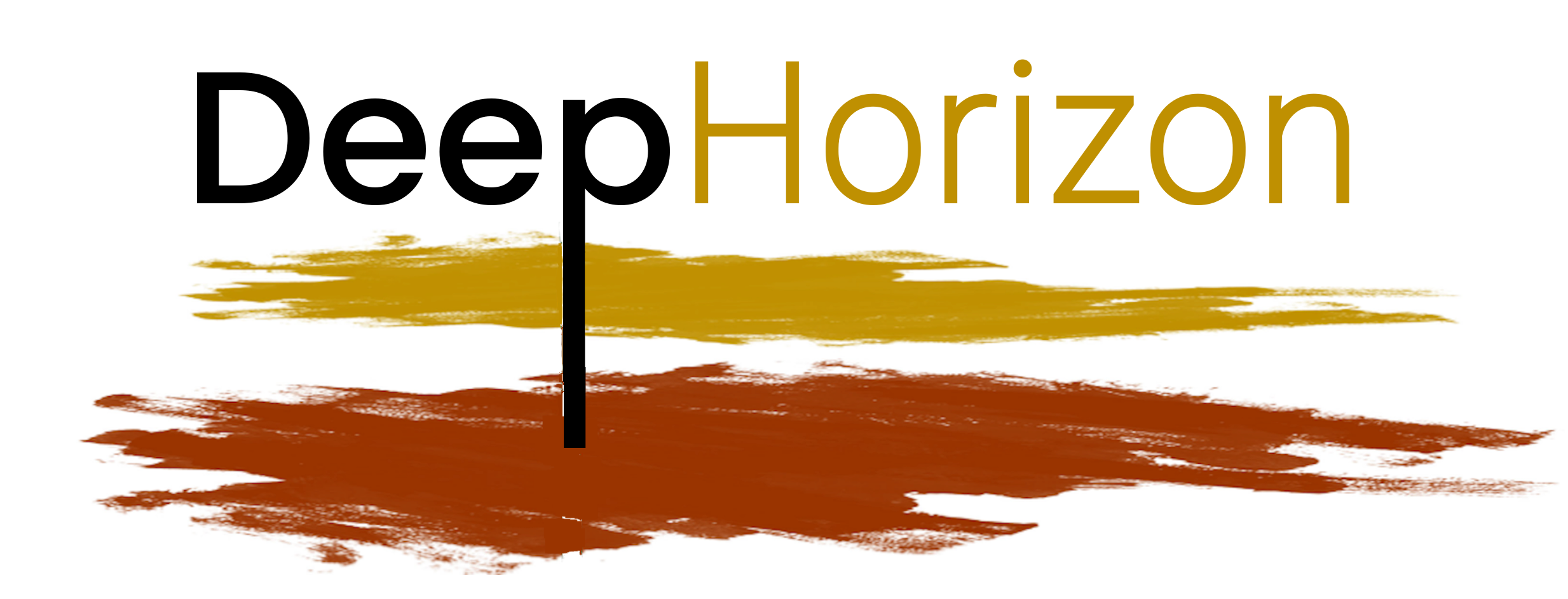Louvain-la-Neuve, 25 October 2024 – The European project DeepHorizon, funded by the European Commission and led by UCLouvain under the direction of Prof. Mathieu Javaux, successfully celebrated its Kick-Off Meeting (KoM) at the Earth and Life Institute (Louvain-la-Neuve, Belgium). This inaugural event marked the beginning of a significant international effort focused on investigating deep soils (i.e. layers below 30 cm depth), which are essential to ecosystem health and the development of sustainable agricultural practices.

Discussion on Advances in Sampling and Monitoring Methodologies
A key aspect of the meeting was the review of advancements in deep soil layer sampling and monitoring methodologies. During the sessions, research teams discussed the sampling techniques they will implement across 40 study sites, covering a wide variety of soil types, land uses, and climatic conditions in Europe. This unique sampling campaign will enable the collection of critical data for analyzing the structure and functionality of subsurface soils, facilitating in-depth study and providing farmers and land managers with tools for more informed and sustainable soil management.
An International Commitment to Transform Agriculture and Mitigate Climate Change
The event began with a warm welcome from the director of the Earth and Life Institute, Professor Marnik Vanclooster, followed by an overview of the project presented by Prof. Mathieu Javaux, DeepHorizon coordinator. Each of the partners, representing scientific institutions across Europe, outlined their roles within the project and how their specific contributions would help achieve the ambitious goals set forth. With more than twenty organizations involved, the project aims to develop models and practices that will enhance knowledge of subsurface soils, a crucial resource for environmental sustainability and food security.
Innovation in Soil Monitoring and the Role of Parallel Projects
Among the key innovations presented were the Bodium and ECOSYS simulation models, which were discussed in the context of their application to predict changes in soil functions. These advanced models will enable precise quantification of the combined impacts of climate change and land use practices on soil health. Additionally, participants visited sampling sites in the university farm and wood (Bois de Lauzelle) to review and validate the sampling protocols that will be applied.
Initiatives in line with DeepHorizon were also presented, which addresses issues related to soil sustainability within the European context. The meeting also featured the participation of the EU Soil Observatory, which will provide essential scientific support for the data and results obtained, thus supporting sustainable soil management policies at the European level.
Benefits for Farmers and Society
The DeepHorizon project offers multiple long-term benefits. For farmers, new insights into deep soils will provide tools to optimize land use, reduce reliance on chemical inputs, and improve water management efficiency. These sustainable management practices will contribute to enhanced carbon sequestration, soil fertility, reduced erosion, and ultimately, increased agricultural productivity.
For society, the impact of DeepHorizon goes beyond food production. Advances in subsurface soil research will strengthen carbon capture, helping mitigate climate change, and will support biodiversity by enhancing essential ecosystem services such as nutrient regulation and water filtration. In sum, DeepHorizon is projected to be a pillar in the transition towards more resilient and sustainable soil management in Europe.



I like the project idea pretty much!
If you need a very well documented area, I offer a collaboration for the “AgroScapeLab Quillow” (hummocky ground moraine, Uckermark area, sub-continental climate, NE Germany).
Here we studied soil pattern (geophysics, remote sensing, corings), pedogenesis and erosion dynamics at landscape scale, as well as water and C dynamics for characteristic soils. Furthermore, we performed landscape scale manipulation experiments on tillage and its feedbacks on the C cycle.
Feel free to contact me
Michael